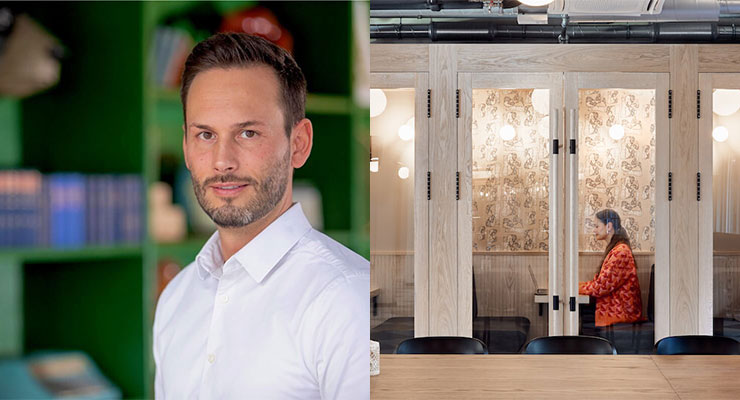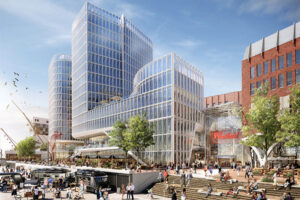By Oliver Lehmann
In many countries, shopping centers are being transformed into mixed-use, diverse mini-neighborhoods: Alongside retail, they are home to restaurants, bars, cafés, spa and beauty facilities, sports and cultural amenities, and even libraries. Many also offer residential and office units, including a growing number of flex office and coworking spaces.
The U.S., in particular, is leading the way, especially in terms of coworking and flex spaces. In the years leading up to 2018, JLL registered enormous year-on-year growth in flex office space in U.S. retail buildings – with an estimated growth rate of up to 25 percent. Many European countries have also taken great strides, such as Portugal, where a coworking operator recently won an award for its plans to open a new flex space complex in a shopping center. In Poland, shopping center operators are turning to coworking spaces as they look to diversify and take advantage of fresh sources of revenue – and to better meet the needs of their local communities.
Germany is just getting started
In Germany, by contrast, shopping centers have long tended to favor traditional office space, which can currently be found in half of all German shopping centers. In the areas in which they do exist, flex office and coworking spaces have often been treated as experimental attempts to repurpose excess and underused space for which a given center simply has no better idea.
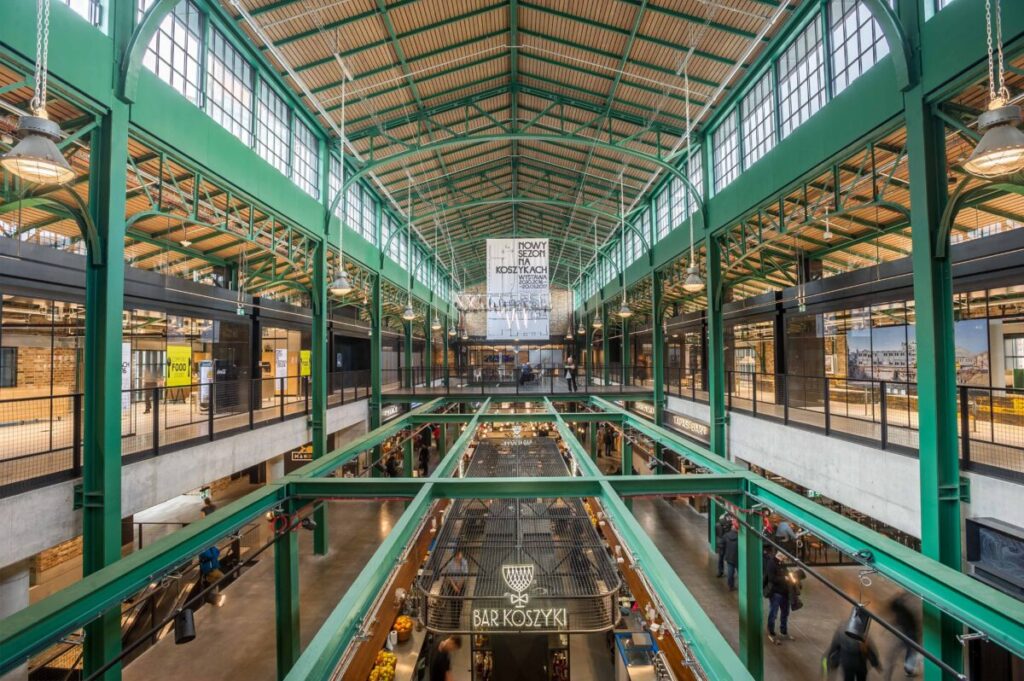
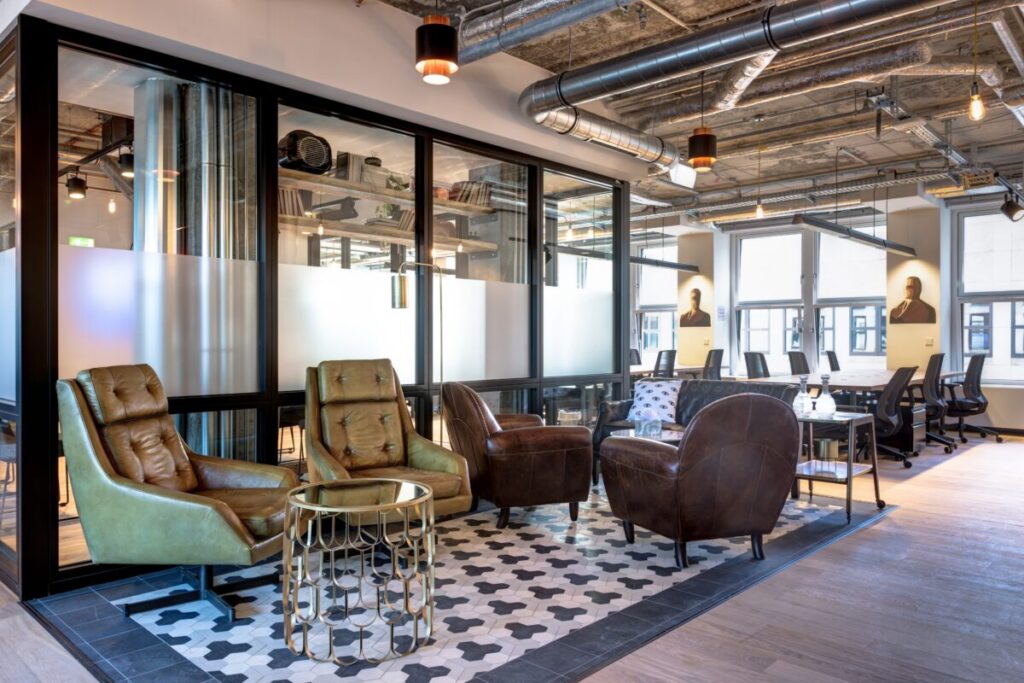
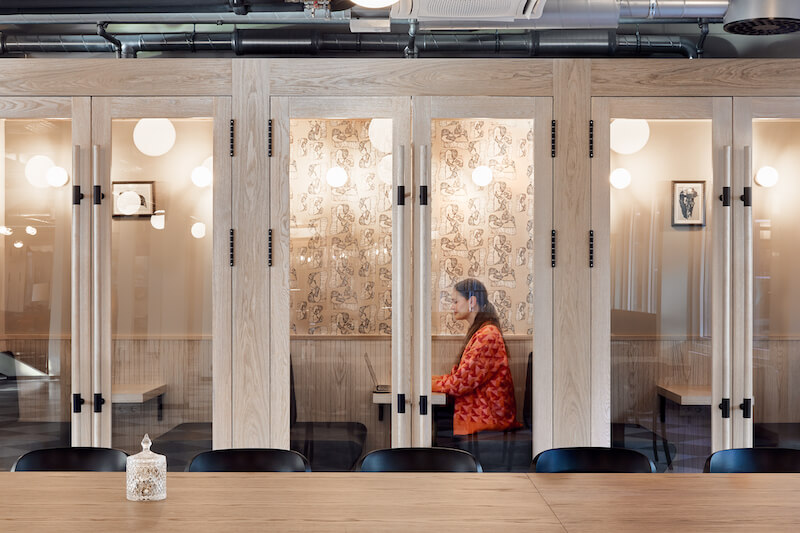
It is only recently that real estate consultants in Germany have started to consider the merits of having flex spaces in German shopping centers – and not just as an afterthought, but as key elements of the centers’ overall strategies to unlock the potential of their commercial hubs. Some even go as far as to claim that flex spaces are the only way to safeguard the future of Germany’s shopping centers, by improving consumers’ quality of life, enhancing the retail experience, promoting a healthy work/life balance and providing state-of-the-art working environments that feature workspaces that can also be booked on the fly and for a few hours at a time. The hope is that the added attraction of flex spaces will help shopping centers re-establish themselves as more than just the poor relative of increasingly popular online shopping.
The Benefits of Lifestyle Quarters
From my perspective as a flex office provider, I can only say that, irrespective of the strategies they implement, some shopping centers simply do not have a viable future. Those are the shopping centers that we tend to steer clear of as well. No flex space brand would move into a shopping center unless the location of the property was suitable for that operator’s flex office concept. They also want the right level of footfall, even in the face of competition from online retailers, because that gives them the opportunity to showcase their services to potential clients. Apart from location and footfall, lifestyle and attitude also count.
When we look at a shopping center, we ask ourselves whether it offers all of the amenities that office workers want and need during the day. It is all about convenience and catering to workers’ demands to be able to access a full range of local amenities without having to walk more than 15 minutes. People want short distances. The most viable shopping centers have responded to this trend by creating small lifestyle districts in their own right. Ultimately, however, footfall will follow, provided that the location is right. The individual factors are mutually dependent. In light of the above, no one should see flex offices as the sole salvation of the German shopping center segment.

Oliver Lehmann is General Manager Mindspace Germany.
